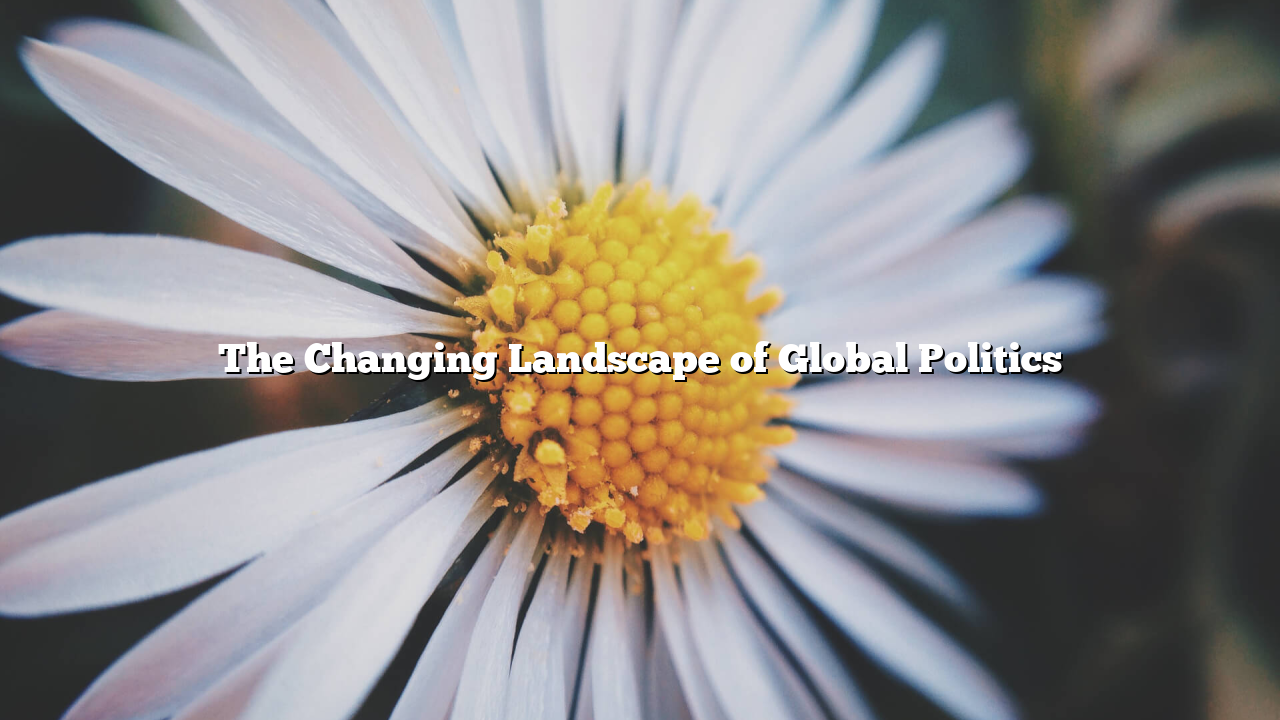In recent years, global politics has undergone a significant transformation. Shifting power dynamics, rising populism, technological advancements, and geopolitical conflicts have altered the traditional structure of international relations. As nations navigate these changes, the importance of diplomacy, democratic institutions, and multilateral cooperation has become more apparent than ever.
One of the most prominent features of today’s political ugbet88 environment is the rise of populist movements across both developed and developing countries. Fueled by economic disparity, cultural anxiety, and distrust in traditional elites, populist leaders often present themselves as anti-establishment figures who claim to represent the “will of the people.” While some argue that populism offers a corrective to out-of-touch political systems, critics warn that it can lead to authoritarianism, polarization, and the erosion of democratic norms.
Meanwhile, the balance of global power is steadily shifting. China’s growing economic and military influence challenges the long-standing dominance of the United States and its Western allies. As the world becomes increasingly multipolar, emerging powers like India, Brazil, and Turkey are asserting more influence on the global stage. This reconfiguration has led to a more complex and, at times, unstable international order, where cooperation is often replaced by competition.
Technology has also played a crucial role in shaping modern politics. Social media platforms, once praised for democratizing information, have also contributed to the spread of misinformation, political extremism, and foreign interference in domestic elections. The digital age has changed how political campaigns are conducted, how citizens engage with their governments, and how public opinion is shaped—often in ways that challenge transparency and accountability.
Climate change and global health crises have further tested the capacity of political systems worldwide. Issues like the COVID-19 pandemic and environmental disasters require coordinated international responses, yet political fragmentation and nationalism have frequently hampered effective action. These challenges underscore the need for stronger global governance and a renewed commitment to collective problem-solving.
Another key concern is the weakening of democratic institutions in several countries. From election interference to restrictions on the press and judiciary, democratic backsliding has become a pressing issue. International watchdogs have noted a decline in global freedom scores, citing increased censorship, political repression, and threats to civil liberties in both autocratic and democratic regimes.
Despite these challenges, there are reasons for cautious optimism. Grassroots movements, youth activism, and civil society organizations continue to push for transparency, human rights, and climate justice. The resilience of democratic institutions in certain regions—such as robust court systems, independent media, and engaged citizenry—offers hope that the principles of democracy can endure.
In conclusion, the political world is at a crossroads. The choices made by governments, leaders, and citizens in the coming years will shape the direction of global politics for decades. While the path forward is fraught with uncertainty, it also presents an opportunity to build more inclusive, responsive, and resilient political systems that are equipped to meet the challenges of the 21st century.
